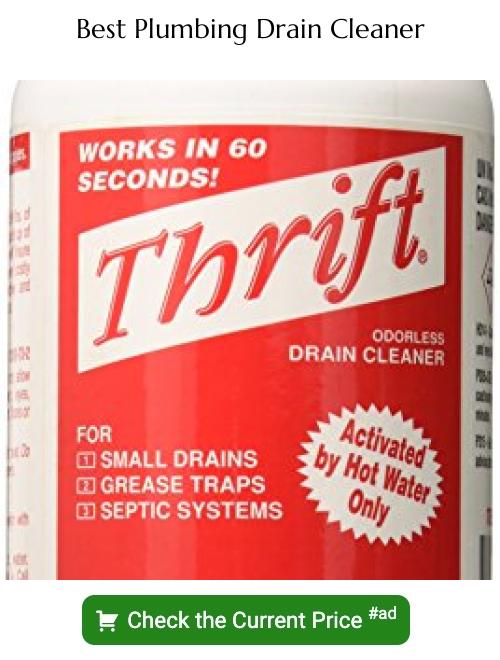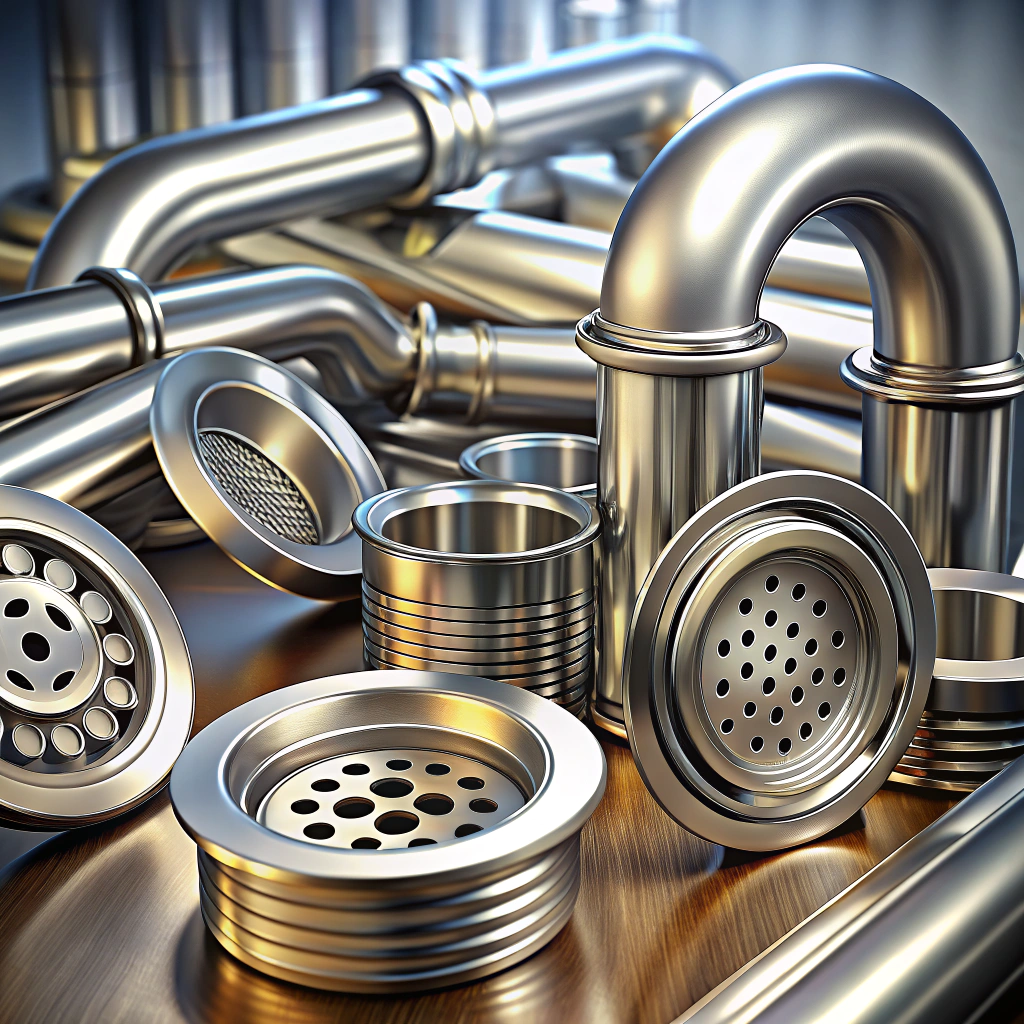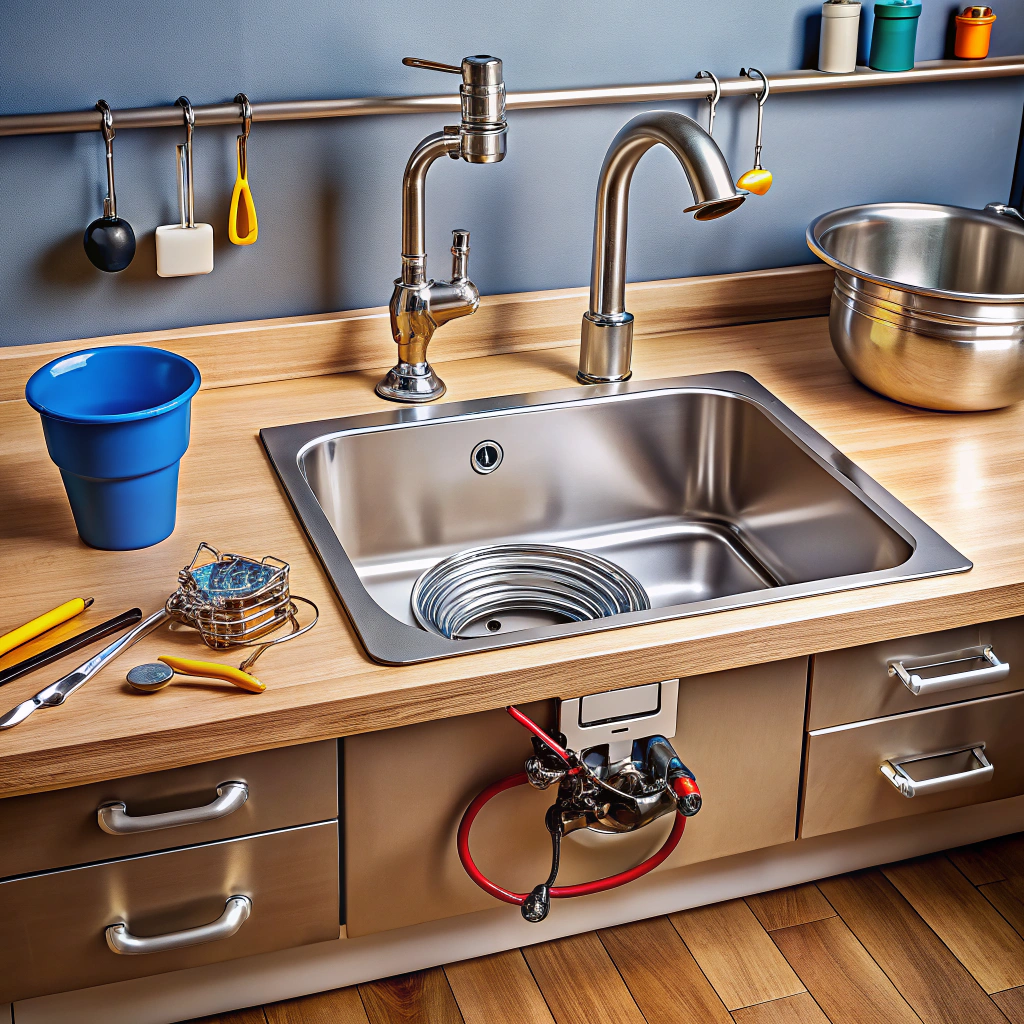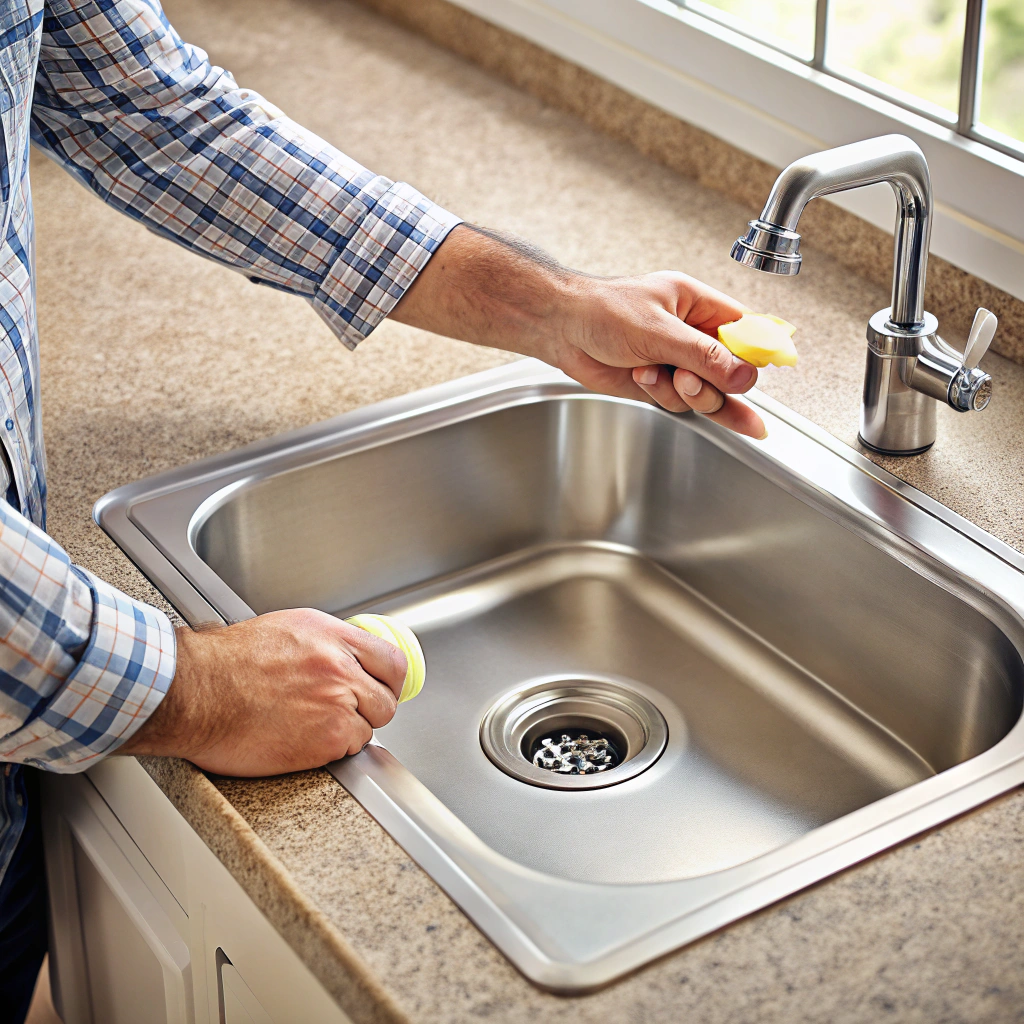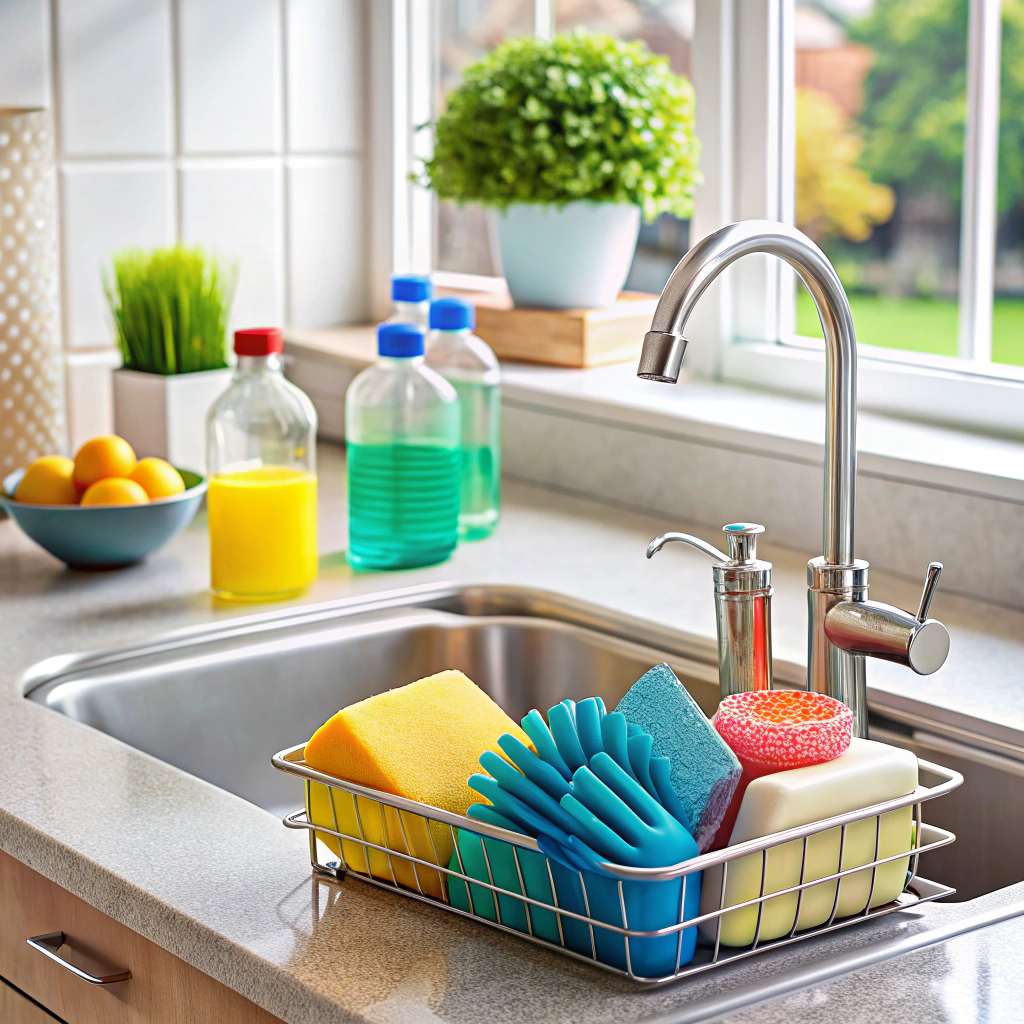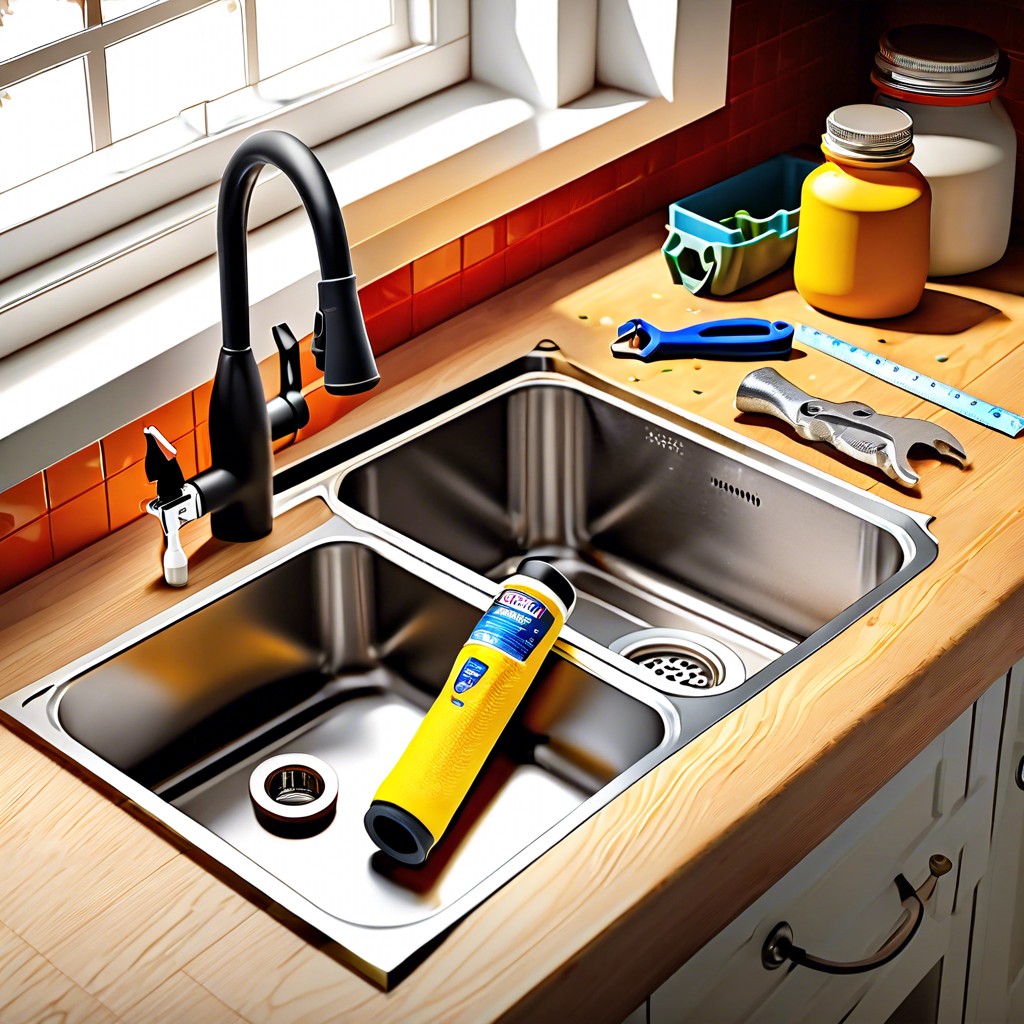Last updated on
Discover the reasons behind the gurgling sound in your sink and learn how to fix it.
Key takeaways:
- Sink gurgling is caused by trapped air in plumbing.
- Causes include blockages, venting issues, and sewer line obstructions.
- Gurgling sinks are not dangerous, but can indicate plumbing problems.
- Check air vents, clean the P-trap, and use a plunger.
- If the problem persists, call a professional plumber.
What's Inside
What Is Sink Gurgling?
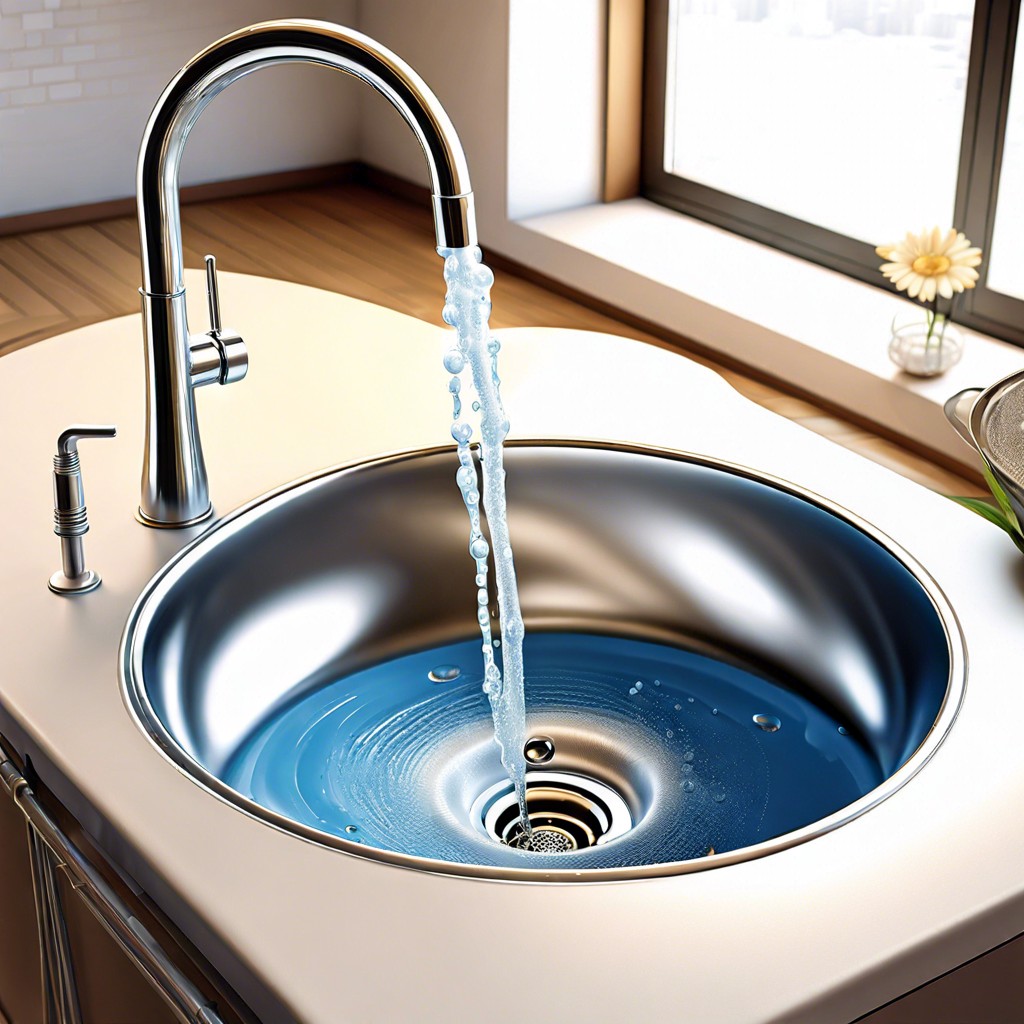
That mysterious bubbling noise coming from your sink isn’t a sign of water trying to chat with you. In reality, it’s air trapped somewhere in your plumbing. Think of it like a soda bottle — when its contents are shaken and the cap twisted off, bubbles rush to escape with a hiss. Similarly, your drain gurgles when air is forced through the water in your p-trap, that U-shaped pipe beneath the sink.
This sound can be startling and sometimes amusing, like your drain’s attempting Morse code. Why’s the air getting cozy down there, though? It could be a signal that the flow of water is being disrupted. Imagine rush-hour traffic suddenly squeezing into one lane. There’s buildup, honking — chaos, essentially. Your plumbing behaves the same when water can’t whisk away smoothly.
When your sink speaks, it’s best to listen. It’s trying to tell all who can hear that it’s not in top shape. The cheerful bubbles might mask an underlying issue, so while it’s creating its own watery tune, it’s wise to tune in to what might be causing the commotion.
Causes of Gurgling Drain
Imagine your sink is trying to talk to you; that gurgling sound could be it saying, “Hey, something’s not right down here!” In the quest to decipher this liquid language, several culprits come to light.
For starters, blockages lay the foundation of the gurgling conundrum. Your drain might have become the final resting place for food scraps, grease, or even hair, creating a bottleneck. As water struggles to get through this clog, it gurgles – think of it like a straw bubbling when your milkshake’s nearly done.
Next up, venting issues. Your plumbing system has vents that help air move, keeping pressure stable and odors at bay. If a vent is blocked, the air gets trapped and, you’ve guessed it, seeks the nearest exit through your sink, causing the gurgling symphony.
Lastly, the problem may lie a bit deeper – down where the main sewer line creeps beneath your abode. Any obstruction there, like tree roots or a build-up of waste, will send a gurgle memo up your pipes, indicating the need for a serious look.
Whichever the cause, that gurgling is more than just a quirky noise – it’s a sign your plumbing is gasping for attention.
Is a Gurgling Sink Dangerous?
Gurgles from your sink might give you the heebie-jeebies, but they typically aren’t harbingers of major doom. What’s going on is a disruption in the water flow or a blockage of air that should normally escape through your pipes. Think of it like a straw in a soda; put your thumb on top, tilt, and air bubbles angrily pop out when you release – similar process, different context.
Now, it’s not a shark lurking in the pipes, but it can signal a blockage, a problem with your venting system, or buildup in the plumbing. These issues range from a simple fix to an alert for more pressing problems like a sewer line clog. It’s smart to treat gurgling as a yellow light—proceed with caution but be ready to stop.
Sure, you won’t need to call in a team of experts for every little gurgle, as it’s often a straightforward fix. However, ignore it at your peril – like that pesky check-engine light, disregard can lead to your wallet taking a hit. This doesn’t mean panic at every odd noise, but a bit of attention goes a long way. Keep an ear out, act promptly, and maintain peace of mind.
What to Do and What Not to Do
If your sink starts making a racket with all the gurgling, you might be tempted to plunge into action right away. But hold your horses! There are a few do’s and don’ts to keep in mind before you tackle the noisy beast.
First off, do consider checking the air vent for blockages. A clogged vent can’t regulate air pressure properly, leading to that bothersome noise. Try running water through to see if it clears the air path.
Don’t reach straight for chemical cleaners. While they seem like a quick fix, these harsh substances can damage pipes over time. Besides, who wants those fumes spoiling supper?
Do give the P-trap – that U-shaped pipe under the sink – a good once-over. It’s often the culprit holding onto debris like a squirrel with a winter nut stash. Cleaning it out could silence the commotion.
Don’t ignore the gurgling as just another quirky home sound. It’s like ignoring a chatterbox at a party; sooner or later, you’ll have to face the music.
Do use a plunger with a bit of finesse. It’s the old reliable of home plumbing for a reason. A gentle push and pull might set things right without any fuss.
And most important, don’t be a hero if the problem persists. Sometimes it pays to call in the cavalry – that is, a professional plumber – to wave their magic wrench and restore peace to your pipes.
How Do You Fix a Gurgling Drain?
Plunging into action, a gurgling drain often signals a partial blockage. This usually occurs when food scraps, soap scum, or other debris partially obstruct the water flow, trapping air bubbles. As the water finally swishes past, these bubbles scamper to the surface, causing the gurgling sound you hear.
To address this aquatic hiccup, first reach for a good old-fashioned plunger. Give the drain a few firm plunges. This basic method can dislodge minor clogs and allow the trapped air to escape.
If the plunger doesn’t do the trick, consider using a drain snake. Guide the snake down the drain until you hit the obstruction, then twist and pull to break it up. This can be particularly effective for more stubborn clogs.
For a non-chemical solution, a mixture of baking soda and vinegar can work wonders. Pour half a cup of baking soda followed by half a cup of vinegar into the drain. Cover it to ensure the fizzing action works on the clog, not up into your kitchen. Give it an hour, then rinse with hot water.
Lastly, check your vent pipe. A blocked vent can also cause pressure buildup, leading to gurgling. If you’re comfortable on the roof, inspect the vent for obstructions. However, if heights aren’t your friend, calling a professional might be the safest bet.
Remember, patience is a virtue here. Sometimes, multiple attempts are needed before your drain lets out its final gurgle.
